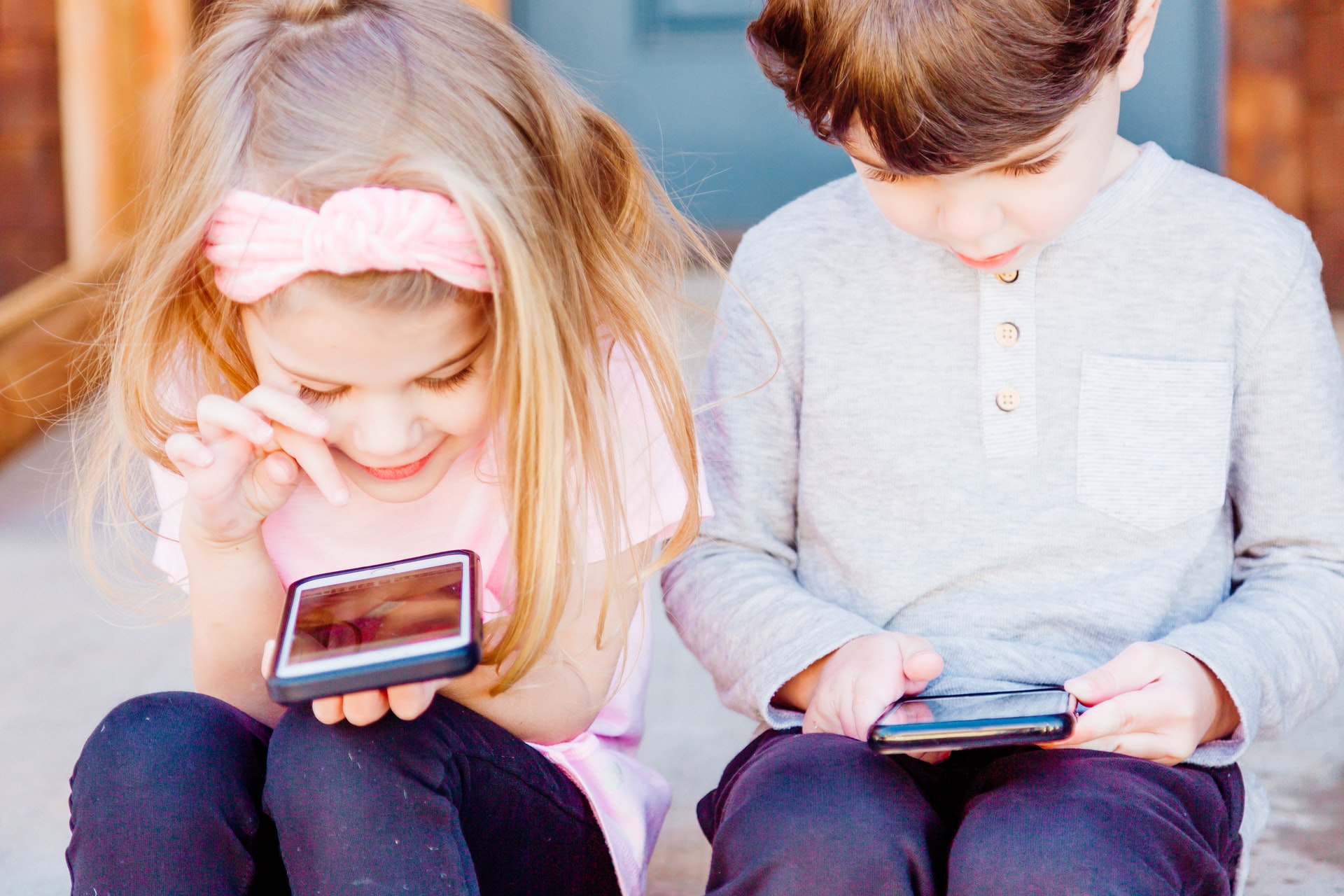Best Responses When Your Child Says Something Mean to You

Parenting can be a roller coaster ride, filled with delightful peaks and challenging valleys. One of those valleys occurs when your child says something mean or hurtful directly to you. It’s important to handle these moments with care, as they’re critical for teaching valuable lessons in respect, communication, and empathy. Here are some effective responses that can help turn these challenging moments into learning opportunities:
1.Stay Calm and Don’t Take It Personally
It’s natural to feel hurt or angry, but remember that children often say mean things out of frustration or because they haven’t yet developed the skills to express their feelings appropriately. Take a deep breath and remain as composed as possible.
“I see that you’re very upset right now. It’s not okay to say hurtful things, even when we’re angry. Let’s talk about what’s bothering you in a respectful way.”
2.Acknowledge Their Feelings
Children want to be heard and understood. Acknowledging their feelings can help them calm down and feel validated.
“It sounds like you’re really mad about this situation. Want to tell me more about why it’s upsetting you?”
3.Set Clear Boundaries
Even when emotions run high, it’s crucial to set limits around respectful communication.
“It hurts my feelings when you speak to me like that, and it’s not acceptable. We need to speak to each other with respect, even when we disagree.”
4.Use It as a Teaching Moment
Turn the experience into a lesson on how words can affect others and the importance of thoughtful communication.
“When we say mean things, it can really hurt someone’s feelings. How would you feel if someone said something similar to you? Let’s think before we speak next time.”
5.Offer Alternatives
Teach your child other ways they can express their frustrations without being disrespectful.
“I understand you’re upset, but instead of saying something hurtful, can you try telling me what’s wrong using ‘I feel’ statements?”
6.Guide Towards Apology
Encourage your child to take responsibility for their words and actions by apologizing sincerely.
“We all make mistakes, but it’s important to say sorry when our words hurt someone else.”
7.Model Good Behavior
Demonstrate the behavior you want to see from your child by responding kindly and respectfully yourself.
“Even though what you said was unkind, I still love you and want us to work through this together.”
8.Practice Patience and Empathy
Understand that developing emotional intelligence takes time, and showing patience goes a long way in teaching kids how to handle their emotions better.
“I know it’s hard sometimes to manage big feelings, but I’m here for you as we learn together.”
Remember, how parents respond to mean comments can have a lasting impact on their children’s development and emotional well-being. Quick reactions might ease the immediate tension but miss the opportunity for deeper learning. By managing your emotions and carefully guiding your child through theirs with thoughtful responses, you help them develop into empathetic, respectful communicators.






